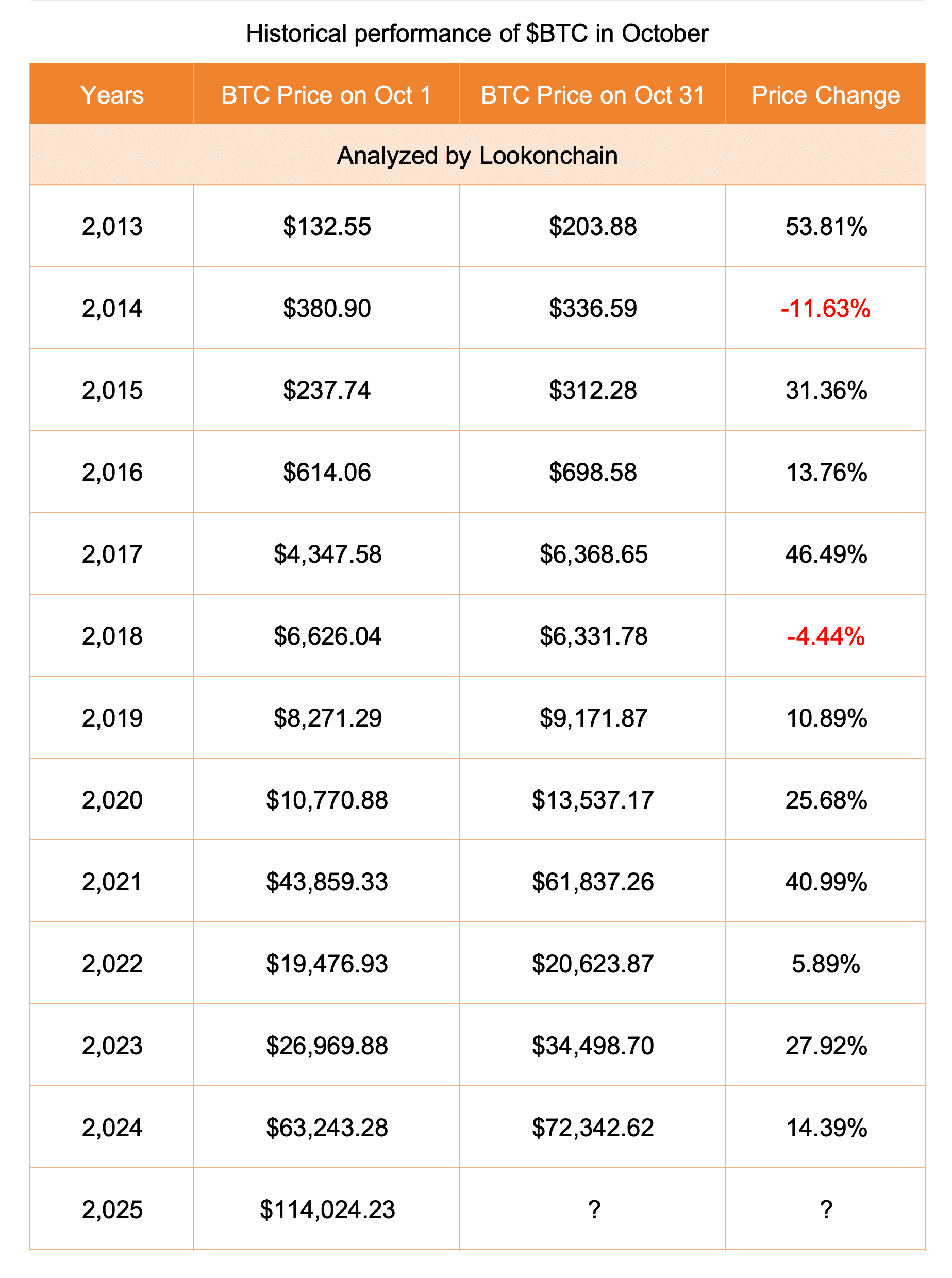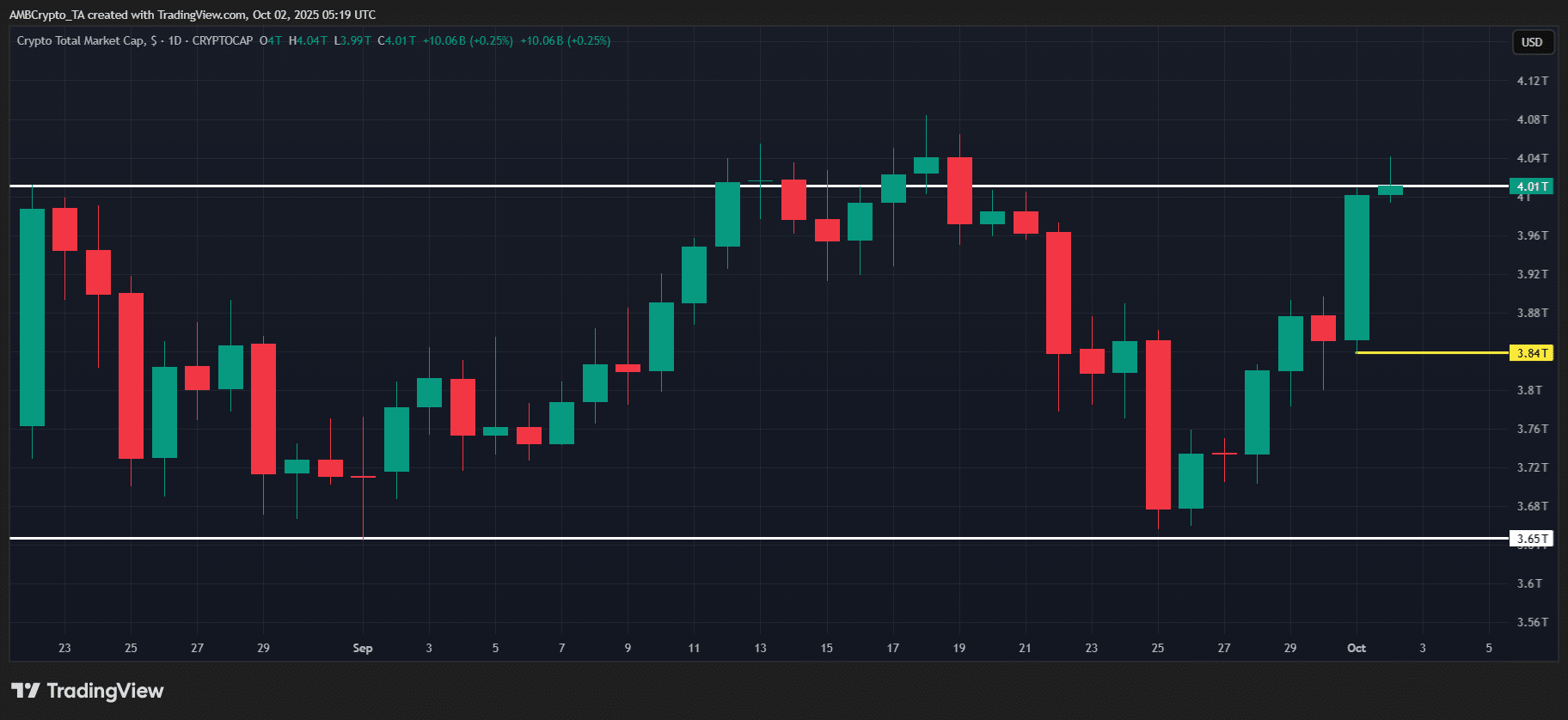Bombay Stock Exchange Shuts Door on Crypto Firm—What This Means for Investors Eyeing Digital Assets
Ever wondered what happens when traditional stock exchanges collide headfirst with the wild west of crypto? Well, the Bombay Stock Exchange just threw a major curveball by rejecting Jetking Infotrain’s listing application—why? Because Jetking planned to channel about 60% of its IPO proceeds straight into Bitcoin and other virtual assets. Talk about trying to reinvent the corporate treasury on the blockchain! This move by BSE isn’t just a simple thumbs down; it highlights the murky regulatory waters that companies in India must navigate when mixing public fundraising with crypto investments. It begs the question: Can the age-old world of stock exchanges truly accommodate the digital revolution, or are they simply drawing the line where curiosity meets caution? Dive into the evolving saga of crypto’s place in traditional finance and what it means for future market players. LEARN MORE
India’s exchange crackdown highlights regulatory gray areas as companies aim to diversify treasuries with digital assets.

Photo: PTI
Key Takeaways
- Bombay Stock Exchange (BSE) denied Jetking Infotrain’s listing because the company planned to invest 60% of raised funds in virtual digital assets, mainly Bitcoin.
- Indian regulatory framework allows companies to use profits for crypto purchases but not public fundraising for such investments.
Share this article
The Bombay Stock Exchange denied Jetking Infotrain’s listing application after the IT training company disclosed plans to allocate around 60% of raised funds to virtual digital assets as a treasury strategy.
Jetking, which planned to raise over ₹6 crore through share sales, intended to invest primarily in Bitcoin using the public fundraising proceeds. The company said it was evaluating the situation and considering an appeal to the Securities Appellate Tribunal after BSE’s rejection.
The decision reflects India’s current regulatory stance that permits companies to purchase crypto assets using internal cash profits but prohibits raising public funds specifically for such investments. Stock sale proceeds directed toward digital assets remain restricted due to speculative concerns and pending clearer guidelines on treasury funding.
This marks the first known case of an Indian exchange denying a listing explicitly over crypto treasury plans, signaling heightened scrutiny on virtual digital asset-related fundraising as regulations continue evolving.
Share this article





















Post Comment